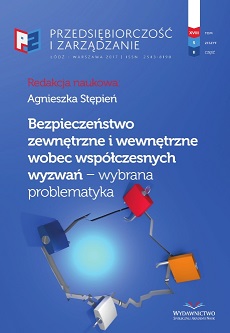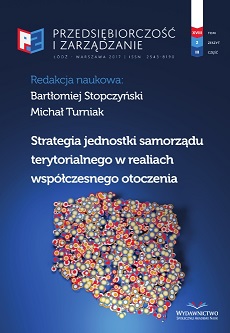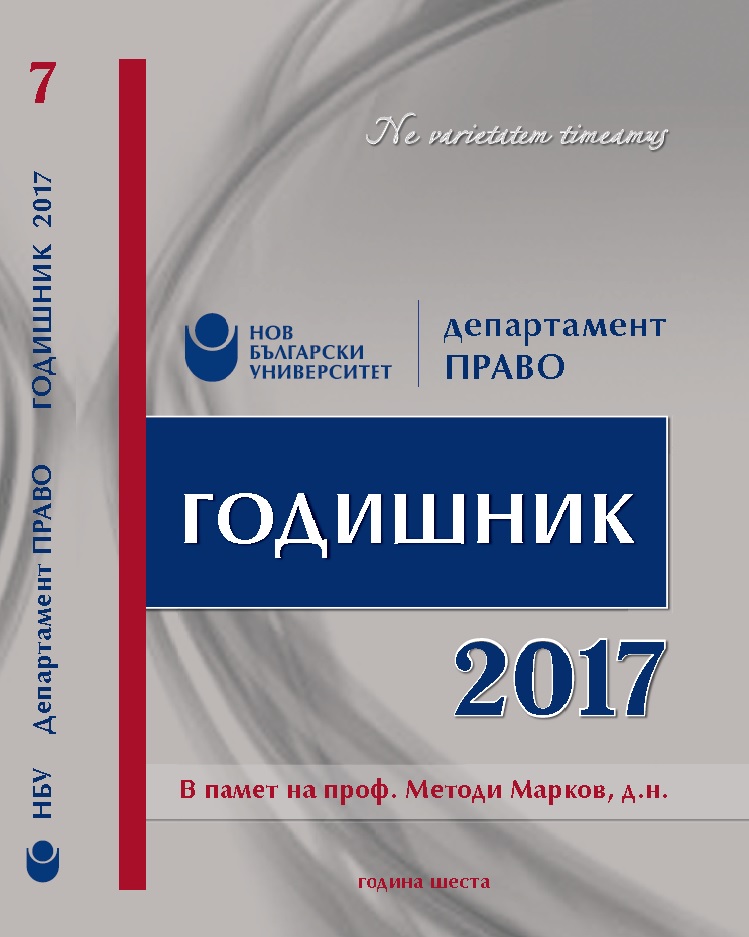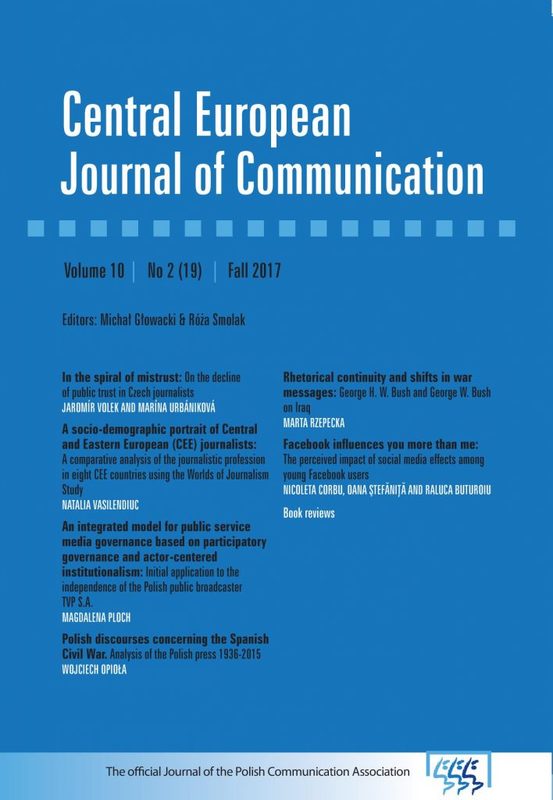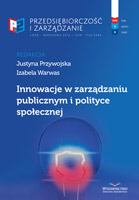
Determinanty ewaluacji lokalnych innowacji społecznych
The main article’s question is social innovations’ influence on social policy development,particularly on the local level. Reliable evaluations are considered as a crucial element of implementation and dissemination of new and useful solutions. Presented recommendations concern that issue are based on research into evaluation of social integrations projects, conducted by social welfare institutions at local level.
More...

